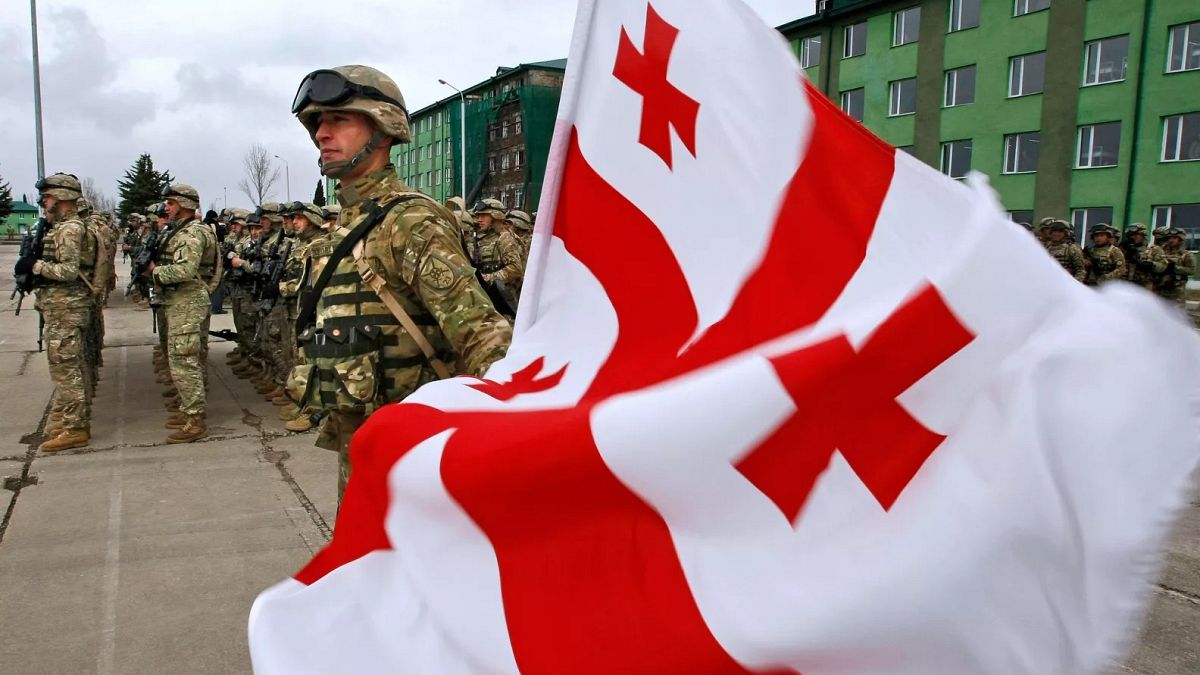

Amidst a backdrop of international military cooperation and regional conflicts, several countries are navigating complex geopolitical landscapes. From joint military exercises to escalating tensions, the global stage is witnessing both collaboration and discord. This report delves into recent developments involving NATO exercises in Georgia, the Thailand-Cambodia border conflict, and Israel’s pursuit of peace talks.
Georgia recently hosted significant military exercises in collaboration with NATO, an initiative that reinforced its position within the Western alliance, even as it maintains close ties with Russia. This year’s exercises brought together over 2,000 troops from ten nations, including Germany, Romania, Poland, Ukraine, and Moldova. These annual war games aim to strengthen military readiness and cooperation among member and partner countries, showcasing a spirit of solidarity and mutual defense. Such initiatives underscore Georgia’s strategic importance and dedication to international stability, despite its intricate relations with neighboring Russia.
In stark contrast, the Thailand-Cambodia border has been a theater of escalated military engagement. A longstanding territorial dispute has recently flared into open conflict, with artillery exchanges escalating in Surin province of Thailand and Oddar Meanchey province of Cambodia. Clashes have tragically resulted in at least 32 casualties, displacing tens of thousands on both sides of the border. Notably, the violence has embroiled twelve locations, further complicating the ceasefire efforts. The Cambodian government has appealed for an urgent cessation of hostilities, seeking to quell the bloodiest clashes witnessed in over a decade.
The conflict has raised significant humanitarian concerns, with more than 130,000 Thai civilians being evacuated as a precautionary measure. Amidst accusations from both sides regarding the initiation of hostilities, the Thai Prime Minister has expressed fears that the situation could potentially escalate into a full-scale war if unresolved. Despite these tensions, diplomatic efforts and engagement through international bodies like the United Nations remain vital for de-escalation and peace-building.
Turning to the Middle East, the Israeli-Palestinian context continues to evoke international attention, as Israel considers alternatives to ongoing ceasefire talks with Hamas. Although meetings in Qatar have indicated incremental progress, substantial breakthroughs remain elusive. Israeli Prime Minister Benjamin Netanyahu has affirmed Israel’s openness to exploring various pathways toward peace, while maintaining a focus on security and stability in the region. The dynamic relationship between Israel and Palestine remains complex, underscoring the need for diplomatic resilience and dialogue to achieve lasting peace.
These simultaneous developments capture a snapshot of coordinated military efforts amid fraught geopolitical tensions. The juxtaposition of Georgia’s collaboration with NATO and the Thailand-Cambodia dispute highlights the spectrum of global interactions—where cooperation and conflict coexist. As nations strive toward peace and stability, the importance of negotiations and cross-border dialogue emerges as a common thread, urging a mindful approach to international relations.
Source: {link}
